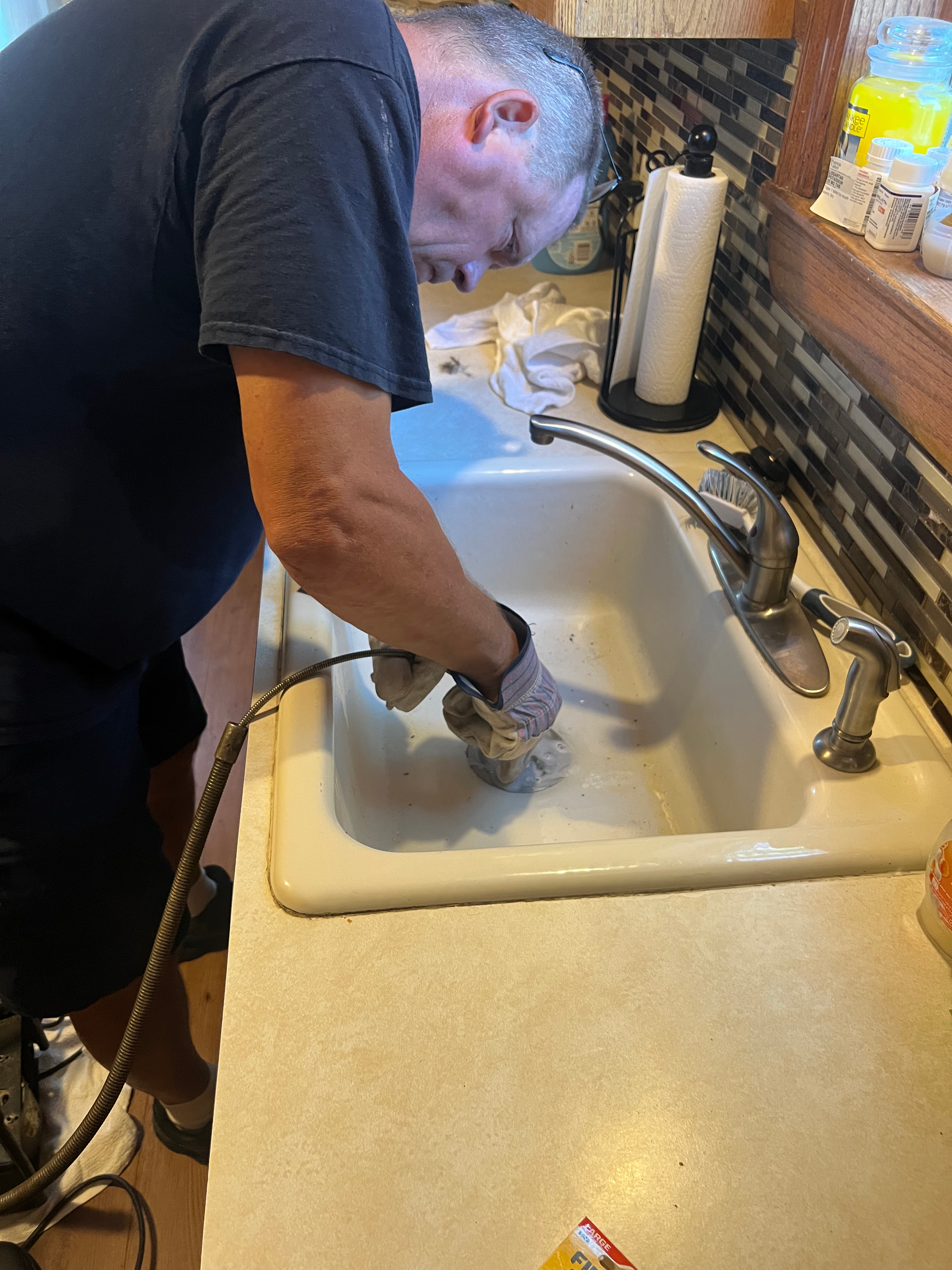Introduction
Have you ever found yourself knee-deep in a sewer line crisis, staring at the mess and wondering where it all went wrong? You're not alone. Homeowners often face plumbing issues that can range from mildly inconvenient to downright catastrophic. Knowing when to call for professional plumbing services near me can save you time, money, and a whole lot of stress. In this article, we’ll delve into the Sewer Line Secrets: The Top Five Red Flags That Scream 'Call a Plumber!', arming you with the knowledge to tackle these plumbing nightmares head-on!
Sewer Line Secrets: The Top Five Red Flags That Scream 'Call a Plumber!'
When it comes to your sewer lines, certain signs indicate that something is seriously amiss. Ignoring these red flags could lead to extensive damage and costly repairs. Below are the five warning signs that should send you scrambling for an emergency plumber near me.
1. Unpleasant Odors in Your Home
What Causes Foul Smells?
One of the first signs that your sewer lines might be in trouble is an unpleasant odor permeating through your home. This smell often resembles rotten eggs or sewage and indicates that there may be a leak or backup somewhere in your system.
Why You Shouldn't Ignore It
Ignoring foul odors can lead to severe health risks due to harmful gases like methane escaping from your pipes. If you catch wind of any nasty smells, don’t hesitate—call a local plumber fast!
2. Frequent Clogs in Multiple Fixtures
Are Clogs Normal?
A clogged drain now and then is nothing unusual; however, if multiple drains are consistently backing up simultaneously, it could signify a more serious issue within your sewer line.
Fixing the Problem
While you may think about reaching for a plunger or chemical drain cleaner, these solutions are often temporary fixes. A qualified plumbing repair expert will help identify whether the issue lies in the main sewer line or simply within individual fixtures.
3. Water Pooling in Unusual Areas
Where’s That Water Coming From?
If you notice water pooling around your yard or near your basement floor drain, it's time to take action! Standing water usually means there's a blockage somewhere along your sewer line.
Importance of Immediate Action
Water pooling can cause structural damage over time and may attract pests like mosquitoes and rodents. A same-day plumber can conduct thorough leak detection services to pinpoint the issue.
4. Unexpected Increases in Water Bills
Is Your Water Bill Skyrocketing?
An inexplicably high water bill could indicate that water is leaking somewhere within your plumbing system—possibly even beneath your home!
What’s Next?
emergency plumber near meIf you're scratching your head over unexpected charges on your bill, reach out for urgent plumbing help immediately. A professional will conduct necessary inspections and find out if there's a broken pipe or other issues causing this spike.
5. Slow Draining Fixtures
Are Your Drains Moving at Snail Pace?
Whether it’s the sink, shower, or toilet, slow-draining fixtures aren’t just annoying—they're often signs of underlying problems plumber with either local pipes or main sewer lines.

Why Call A Plumber Right Away?
Waiting too long could worsen the situation leading to complete blockages or backups. Don’t delay; contact an experienced plumber who specializes in clogged drain repair before things escalate!
How Can You Prevent Sewer Line Issues?
While knowing the red flags is crucial, prevention is equally important! Here are some tips:
- Regularly schedule maintenance checks with plumbing services. Avoid flushing anything other than human waste and toilet paper down toilets. Be cautious of what goes down kitchen sinks; grease can build up quickly. Install mesh screens over drains to catch debris.
Being proactive about maintaining your plumbing system can save you from costly emergencies down the road.
FAQs About Sewer Lines
1. What should I do if I suspect my sewer line is backed up?
If you suspect a backup, refrain from using any plumbing fixtures until you've contacted an emergency plumber near me for immediate assistance.
2. How much does it cost to repair a broken sewer line?
The costs vary depending on factors like location and severity; typically expect anywhere between $50-$200 per hour for plumber rates plus materials.
3. Can I fix minor clogs myself?
Yes! For minor clogs, try using boiling water or a plunger first; however, if clogs persist across multiple fixtures, call for professional help.
4. How often should I have my sewer lines inspected?
It’s wise to have them checked every one to two years—more frequently if you've experienced issues previously!
5. What causes tree roots to invade my sewer lines?
Tree roots naturally seek out moisture sources which makes them prone to invading broken pipes or leaks—this can create serious blockages!
6. When should I replace my old pipes?
If frequent repairs become necessary or if they’re made from outdated materials (like clay), consider replacement as a long-term solution.
Conclusion
Understanding these Sewer Line Secrets could save homeowners countless headaches in dealing with plumbing crises down the road. Recognizing those top five red flags—foul odors, frequent clogs, pooling water, skyrocketing bills, and slow drains—means you'll know exactly when it's time to call in an expert! Always remember: being proactive about maintenance ensures peace of mind—and ultimately saves both time and money when dealing with potential disasters down the line!
So next time you're faced with any plumbing problem—or even just need routine upkeep—don’t hesitate to search for “ plumbing services near me” because nothing beats having peace of mind when it comes to managing one of life’s essential systems!
